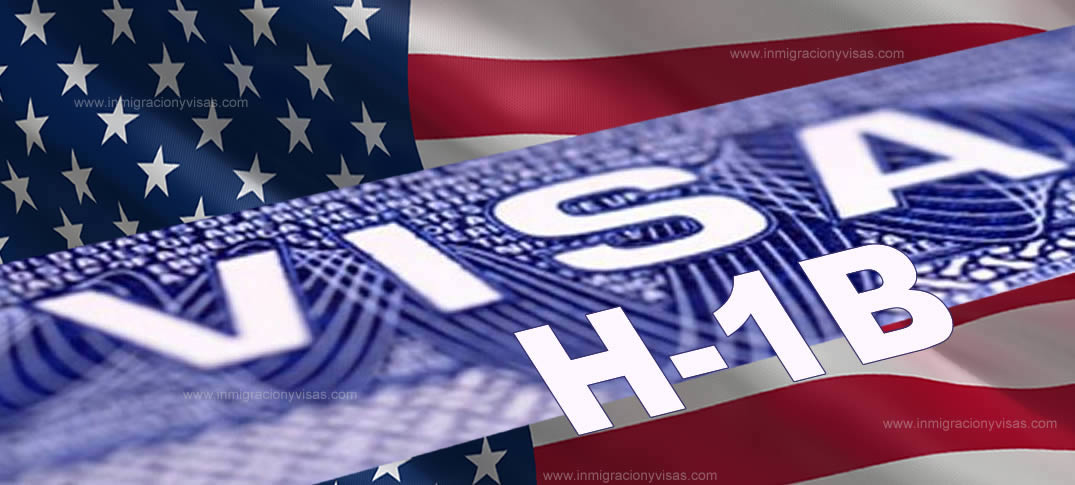By: Leslie Dellon www.immigrationimpact.com/
A recent class action settlement is expected to result in U.S. Citizenship and Immigration Services (USCIS) approving more market research analyst H-1B petitions.
The lawsuit was filed by four U.S. employers whose H-1B petitions had been denied when USCIS determined that market research analysts were not a “specialty occupation” as required for an H-1B visa classification. Jobs in the H-1B category require a worker to possess highly specialized knowledge acquired through a bachelor’s or higher degree in a “specific specialty” or equivalent at the entry level. USCIS based its determination on a flawed interpretation of the market research analyst entry in the Occupational Outlook Handbook, a Department of Labor publication that includes information about how to enter an occupation.
The plaintiffs requested relief for themselves and other U.S. employers like them whose petitions USCIS would have approved if the agency had not made this decision about the OOH market research analyst entry.
More information https://www.inmigracionyvisas.com/a5283-Class-Action-Settlement-Gives-Second-Chance-to-Qualifying-US-Employers.html




